GAD
Mission Statement
The Peace Corps Gender and Development (GAD) committee will act as a coordination and facilitation team, to utilize volunteers and Gambian counterparts, to promote gender equality in The Gambia, by providing support and resources.
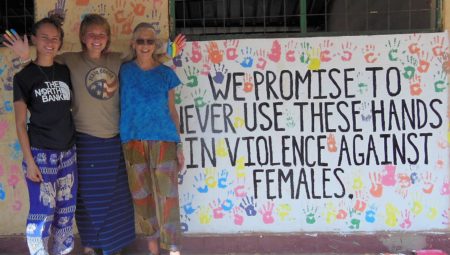
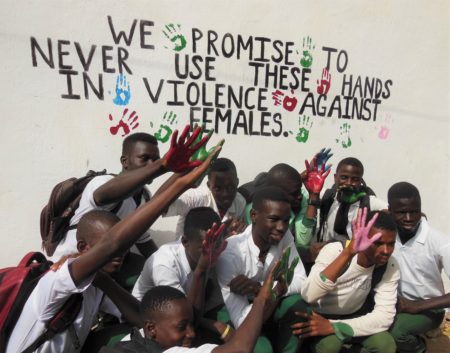
February was GAD month, and kicked off with a Bush to Beach Biking Marathon. It began in the eastern part of the country – the bush, and concluded in the west – the beach. Some PCVs participated by biking all or part of the route, and other PCVs joined the bikers when they stopped at schools along the way. There were four components to the Bush to Beach event: Gender vs. Sex Relay Race, Female Community Roll Models, Non-Communicable Diseases, and Football(soccer). The relay races illustrated the difference between gender roles, by having the boys sweep or carry water on their heads, sometimes wearing a wrap skirt. The health talks discussed the importance of exercise to prevent diseases like diabetes and high blood pressure. Female role models, such as teachers or nurses, shared their experiences with the students, and talked about challenges to completing their education, delaying marriage or motherhood to reach their goals. At the conclusion of each school program the girls were divided into teams to play football, while the boys watched. PCVs promote girls football teams, encouraging the boys to share the fields, so everyone has the opportunity to exercise and have fun.
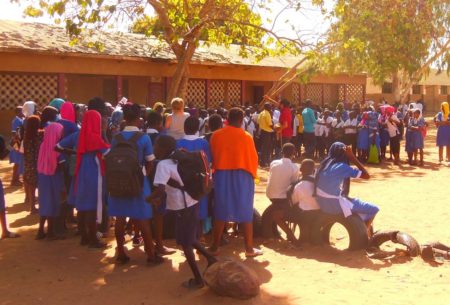
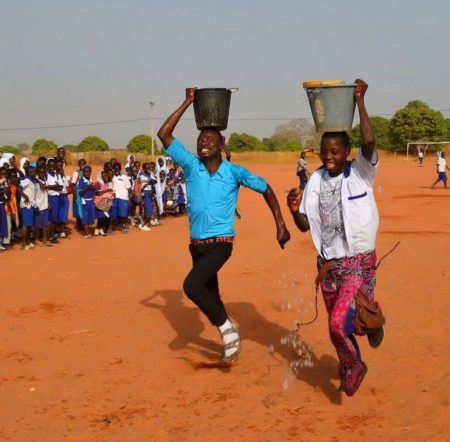
The country is divided into five regions, and there was a contest to see which region could amass the most points promoting GAD, during the month of February. I live in the North Bank Region (NBR), and we had many opportunities to engage the community regarding gender equality. I participated in the painting of two murals, one at my school – ATC – another at education volunteer Casey Peterson’s school in Farafenni. Health volunteer Caitlyn Winders developed the lesson plan, and encourages others to use the pledge activity in their schools. Students put their colored hand prints around a pledge to combat the cyclical nature of gender based violence, and fight for equal rights for women everywhere. Before the hand prints were applied, there was a discussion about finding alternative ways to deal with disagreements, that didn’t involve using their hands to hit females.
There was also opportunities during GAD month to have individual projects, and I enjoyed connecting with girls and women in several different ways.
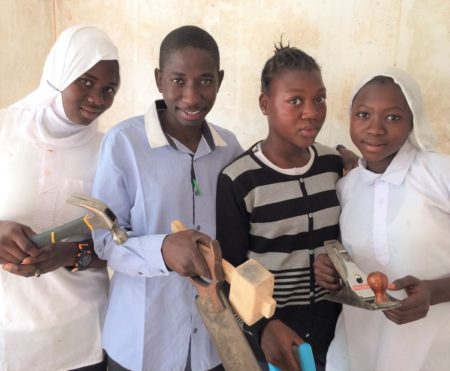
Woodworking teacher Gibbi Dem selected three girls for me to interview about their experiences learning a skill dominated by boys. The woodworking vocational track at ATC is a three year program, with about 15 students – both boys & girls – per class. They learn basic carpentry techniques, using only hand tools, and get to take their projects home after completion. When a student decides what they want to make, they create a design on paper, research the materials and tools needed, and receive excellent support from Mr. Dem through out the process. The three girls I interviewed are in the 8th grade, and this is their second year in woodworking class. They agreed that sawing was the most difficult task, and the hammering was the easiest. They all want to make a table for their next project. Even though it is unlikely, in this culture, they will take up furniture making as a career, by learning woodworking skills they gained confidence and self esteem, and that will benefit them throughout their life.
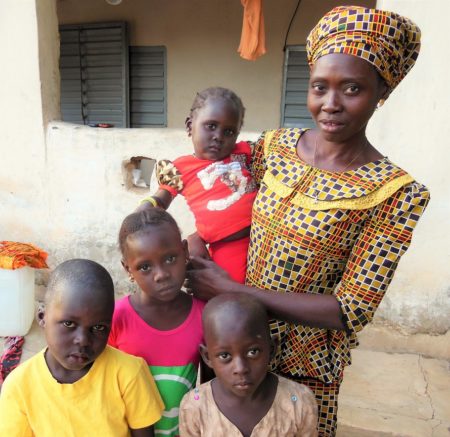
Anna M. Mendy, is a full-time employee at the Agriculture Technical College (ATC), an Upper Basic Senior Secondary School in Farafenni. She has worked at ATC since 2005, and is responsible for the accounting, procuring funds and materials, for the school’s programs. She travels frequently to Kombo (near the capital) to obtain supplies from the Anglican Mission Institute (AMI), which sponsors the school. She works closely with the Principal and Vice-Principal, to ensure that all of the school’s projects are successful.
She attended St Edwards, Upper Basic School and Fatima High School, in Foni. She completed her education at Gambia Technical Training Institute (GTTI), Serrekunda, with a Secretarial Certificate. She is 36 years old, and the youngest of 8 children in her family. Although her parents did not complete school, they encouraged all of their children to get an education. Her first language is Manjago, a dialect prominent in Guinea-Bissau, and she is also fluent in English, Jola, and Wolof.
She is married to Moses Mendy, who is employed at St. Johns Credit Union, and they have 2 daughters. Elizabeth, is 6 years old, attends St Johns the Baptist School, and Martha is 2 years old. It is unusual for a married Gambian woman to work full time outside the home, and be as educated and capable as Anna.
She lives in a beautiful compound close to ATC, with her in-laws, some of their other children, and grandchildren. She was raised a Christian (another unusual trait here), and believes everyone can succeed with loving guidance. I am inspired by Anna, and her commitment to education. She has visited me frequently in the school garden, and shown a lot of interest in the methods I am using. She has a desire to continue learning, and has asked for advice about the chickens her family is raising. She is an outstanding role model for the all students, but especially the girls. I’m grateful to have her as part of my support system at my PCV work site.
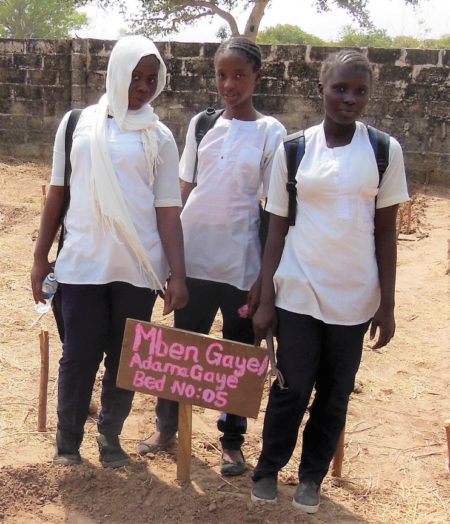
I am beginning to develop special relationships with some of the agriculture students. They are interested in my gardening techniques and eager to share their own project. I hope to encourage each of them to continue their education, and follow their passions.
“It’s about creating a world where women shine. A world where every family, every community and every nation can benefit from the contributions of all of its citizens, men and women, boys and girls.” – Michelle Obama
Michelle Obama started a Peace Corps program called – LET GIRLS LEARN. Unfortunately, the new administration cut the funding for this outstanding program. Fortunately, the goals promoted by Michelle Obama are Peace Corps goals, and the essence of the program will continue. These goals mirror the – Beijing Platform for Action, Fourth United Nations World Conference on Women, 1995.
“The advancement of women and the achievement of equality between women and men are matters of human rights and conditions for social justice and should not be seen in isolation as a women’s issue. They are the only way to build a sustainable, just, and developed society. Empowerment of women and gender equality are prerequisites for achieving political, social, economic, cultural, and environmental security among all peoples,”
Below is information all PCVs receive during training, to help us understand the cultural norms of this country.
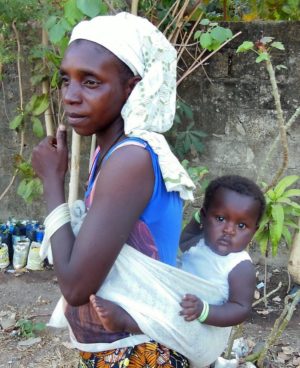
0-2 Years:Between the time a child is born and roughly until they are able to perform simple tasks, there is not much of a difference between the roles of males and females. Infants tend to spend most of the time with their mothers strapped to their back, nursing, or laying out. Additionally, female infants will often have their ears pierced as soon as a few days after birth.
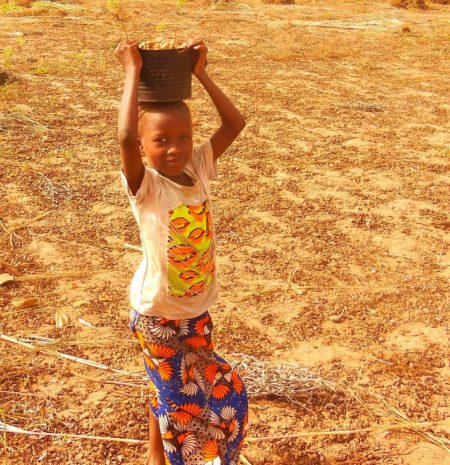
2-6 Years:As a child matures and begins to have the ability to help around the compound, gender tends to become more apparent. Both males and females may start going to school, as well as helping their mothers around the compound. However, females are expected to assist their mothers more than their male siblings, with tasks around the compound. Both males and females spend much of their time freely playing together around the village. This is also the age where much of the training on how to behave according to your gender begins. Females may start learning to tie wrap skirts, to cook simple meals, and to fetch water and carry it on their heads. Males may start learning how to play football, to dig with tools, and to fetch firewood.
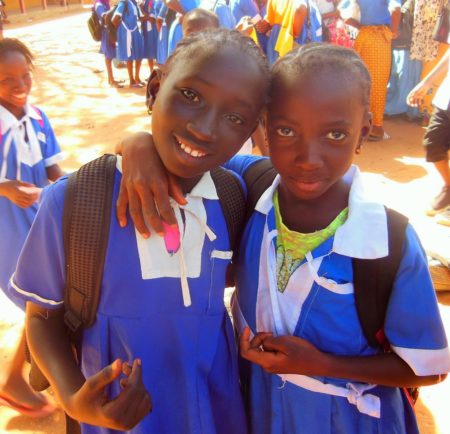
6-12 Years:During these ages, as the children enter puberty, this plays a big role in the development of societal based gender roles. Both males and females start going to the fields, and continue going to school. This is the age they start learning how to pray. Gender roles that were not apparent before, now become heavily stressed. Females are expected to start cooking meals occasionally, to help with the compound’s laundry and ironing, to learn to braid hair, and to help their mothers with the work both inside and outside the compound to a much greater degree. Males are expected to start helping their fathers with tasks around the compound (repairing houses, painting, building structures, etc.), to learn to handle money through small-boying (being sent to buy things from the bitiko), to brew attaya, and to learn techniques for farming and rearing animals. Males and females stop hanging out with peers of the opposite gender outside of school.
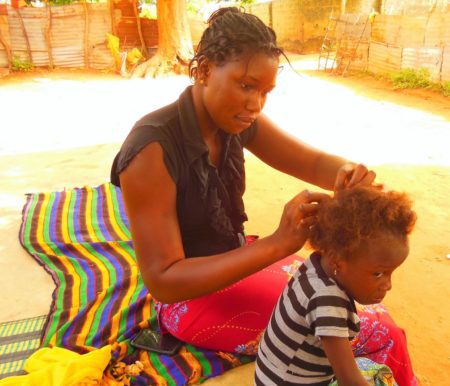
12-20 Years:During these years, males and females begin to live different lives. Even though they often both attend school (moving into upper basic and then senior secondary), males are usually encouraged much more than their female peers to study hard, to do well in school. Males are much more likely to be sent away than females for senior secondary school, and university or college. Depending on the family, females may be pulled out of school to assist in the compound, to get married and have children. Males are usually not pulled out unless they are needed to help in the fields, or if their families do not have the money to keep them in school. If they drop out of school, males and females may go on to learn a trade at a technical school (with males more likely to than females to continue their education). While females tend to spend more and more time in the compound during this period of their lives, males tend to spend less and less. A field for the males to take over may be identified during this time. Many females are married or promised to a man by the time they are 17, but very few males are.
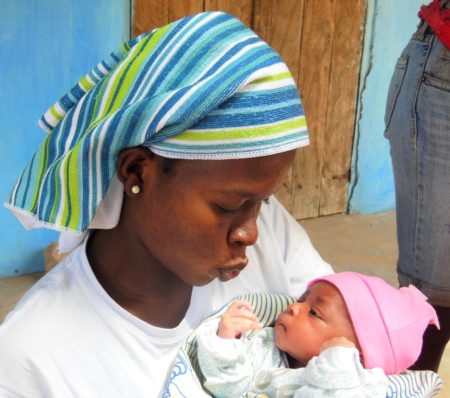
20-30 Years:For males this period of life revolves mostly around school and work, but for females it revolves mostly around family. Males who do not continue on to further education, will develop a trade, or become apprentices to their fathers, or they might go work on the farm. Many males spend a lot of this period of their life looking for work. It is not uncommon for a male to move to another village, because of work availability. Many men will take ownership of their field during this time in their lives. Toward the latter half of this period, is when males typically start to search for wives and get married. They usually continue to live in their family’s compound.
For females, most are married and have moved to their husband’s family’s compound by the end of the first half of this period of their lives. If they have not already, they start having children. Some females do get professional jobs (these are also the ones who tend to get married later), however most focus their time on cooking, taking care of the compound, going to the rice fields, and raising children. It is very uncommon for a female to choose not to get married.
Males and females spend most of their leisure time, and males tend to have more, with peers of their own gender. As mentioned, some females get professional jobs, but men heavily dominate most professions. While it is not uncommon for a male in this age range to remain unmarried, it is very uncommon for women (especially those who did not go to university), to turn 30 and not have a husband.
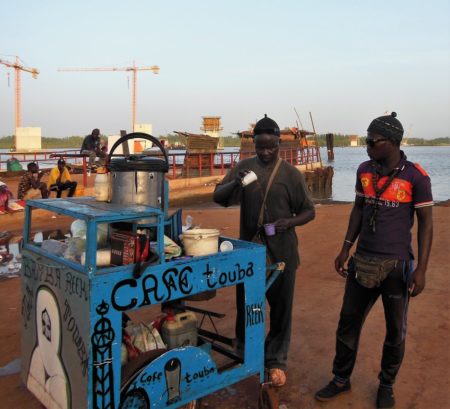
30-60 years:Males often become heads of compounds during this time, either because of their father’s death, or because they purchased/built their own compound. They may take 2nd, 3rd, and even a 4th wife. They have many children, but are involved in the raising of these children only minimally in comparison to their wives. Some men continue to further their education during this time. It is also not uncommon for men to go away for work in other villages, Kombo, or even other countries for long periods, and just send money home to the women and children, usually visiting very infrequently.
Women tend to spend this period of life raising children, cooking, taking care of the compound, and farming. An unmarried woman will continue to live with her family. As they get older, they hand off more of these tasks to their co-wives and children (especially the wives of their sons), but they never quite stop until they are physically no longer capable. This is not as true for women whose lives are centered on professional work. If a woman’s husband dies, she is usually given to the husband’s brother or eventually remarried. If she does not have an adult son when this happens, she normally moves to the new husband’s compound.
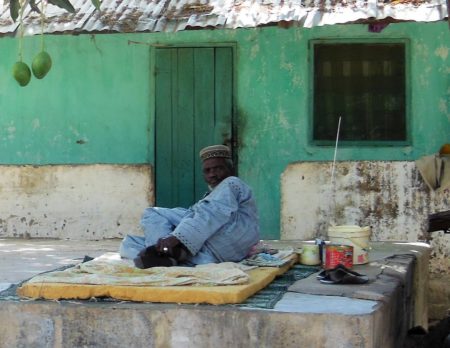
60+ years:This period of life is all about slowing down for both men and women. The men tend to hand off much of the responsibility of work and the compound to their adult sons. The women tend to hand off responsibility for all of their tasks to the younger women within the compound to the wives of their sons.
“In recognition of the fact that women in developing countries play a significant role in the economic production, family support, and overall development process, the Peace Corps shall be administered so as to give particular attention to those programs, projects, and activities which tend to integrate women into the national economies of developing countries, thus improving their status and assisting in the overall development effort.”
– Percy Amendment to the Peace Corps Act, 1974
7 thoughts on “GAD”
Susan, what a wonderful post! I learned so much. As you went through a woman’s life, I remembered Granny Baldwin and how when her husband died, she went to live with her sons — first Simeon and then Daddy. A hundred years ago, our own culture had these same patterns. Keep on teaching us…. Donna
Relish each blog entry. I like the way you are focusing on different topics. Thanks for sharing your experience and new knowledge with us.
This is an extemely informative post about many things. You are an excellent writer. You have a good eye for details. Thanks for your updates.
Dave
Hey Susan, it’s me again. Nancy and I are trying to ship coffee beans and large ziplock bags to you. The U.S. Postal Service wants to charge us $77.00 for a 5.2 lb. box! That is the least expensive rate they have for Gambia, West Africa. The rate goes down under 4 lb. Before we break the shipment into smaller containers, can you check around and maybe find a different way to ship stuff to you guys over there? If we find a better way to send the 5 lb box, we would like to do that. Thanks!
Dave
Very informative and interesting. Thanks for sharing all these cultural details!
Thank you so much for the great article, it was fluent and to the point. Cheers.
Comments are closed.